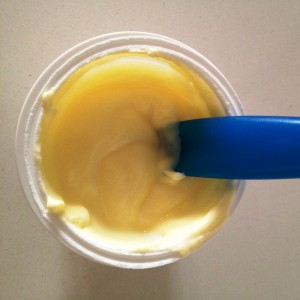
What are probiotics?
Probiotics are friendly bacteria that are naturally present in our digestive system and may provide health benefits.
Why should someone consider taking probiotics?
- Antibiotic use – probiotics can be helpful for someone taking antibiotics. Along with bad bacteria, antibiotics can also kill the good bacteria in our digestive system. Probiotics can help replace some of the good bacteria lost due to antibiotic use.
- To improve your immune system – probiotics can also help improve your immunity. However, if you have a weakened immune system, please check with your medical team before adding probiotics.
- Chemotherapy – probiotics may reduce diarrhea caused by chemotherapy.
- Digestive Concerns – probiotics can help to regulate the digestive system and may relieve digestive problems like constipation.
Are probiotics and prebiotics the same thing?
No, but prebiotics can also play a role in digestive health. Prebiotics are a specific type of carbohydrate that may help the probiotics survive once they reach our digestive tract. Prebiotics include inulin and oligosaccharides and are found in whole grains and vegetables.
What are the sources of probiotics?
Probiotics are found in fermented foods such as yogurt. They are also available as dietary supplements. The cultures to look for are Lactobacillus and Saccharomyces Boulardii.
How do I use probiotics?
Store probiotics in a cool dark place. Check the label to see if they should be refrigerated.
Antibiotic Related Diarrhea
Consider taking probiotics when you start antibiotics and continue for 2 weeks after. Take 2 hours before or after antibiotics so antibiotics won’t kill the probiotics. Look for foods and supplements containing live cultures of:
- Lactobacillus acidophilus with Lactobacillus casei
- Lactobacillus casei with Lactobacillus bulgaricus and Streptococcus thermophilus
- Saccharomyces boulardii
Chemotherapy Related Diarrhea
- Lactobacillus GG
Important: Check with your medical team before using probiotics. Be cautious if you have a milk allergy: Lactobacilli may contain small amounts of milk.
Reference: Consumer Labs Product Review